Author: Brian Beltran
-
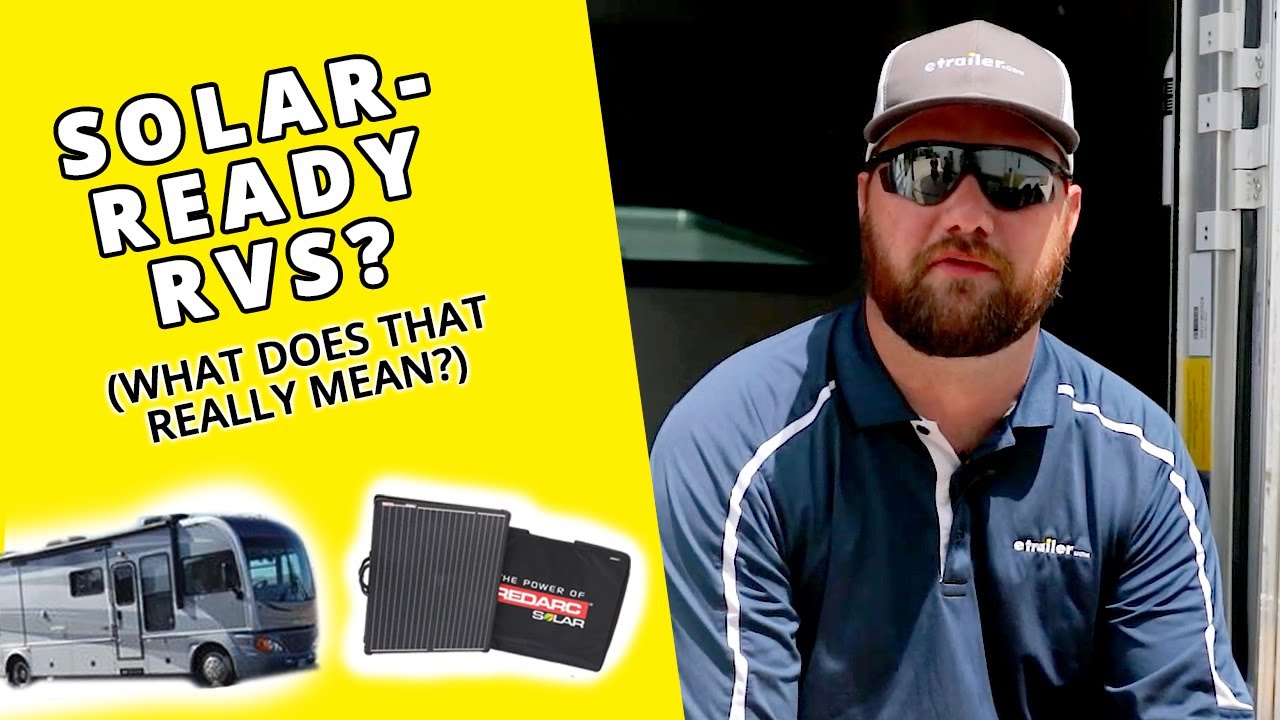
What Does Solar Ready Rv Mean
When an RV is solar ready, it means that the RV is equipped with the necessary wiring and mounting hardware to connect solar panels. Solar power can provide a significant source of energy for RVs, allowing them to run more appliances and devices while dry camping or boondocking. Many newer RVs come pre-wired for solar,…
-
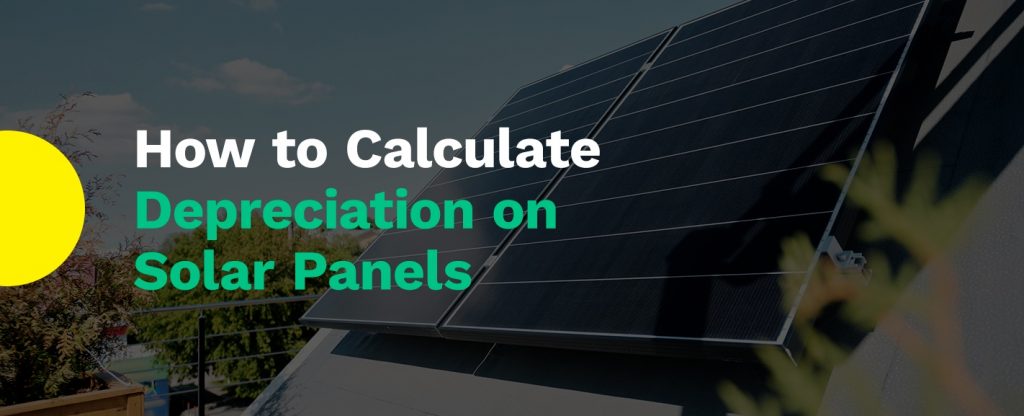
How to Depreciate Solar Panels
You can depreciate solar panels by taking the cost of the panels and dividing it by the number of years that they are expected to last. For example, if you paid $10,000 for your solar panel system and it is expected to last 20 years, you would divide $10,000 by 20 to get an annual…
-
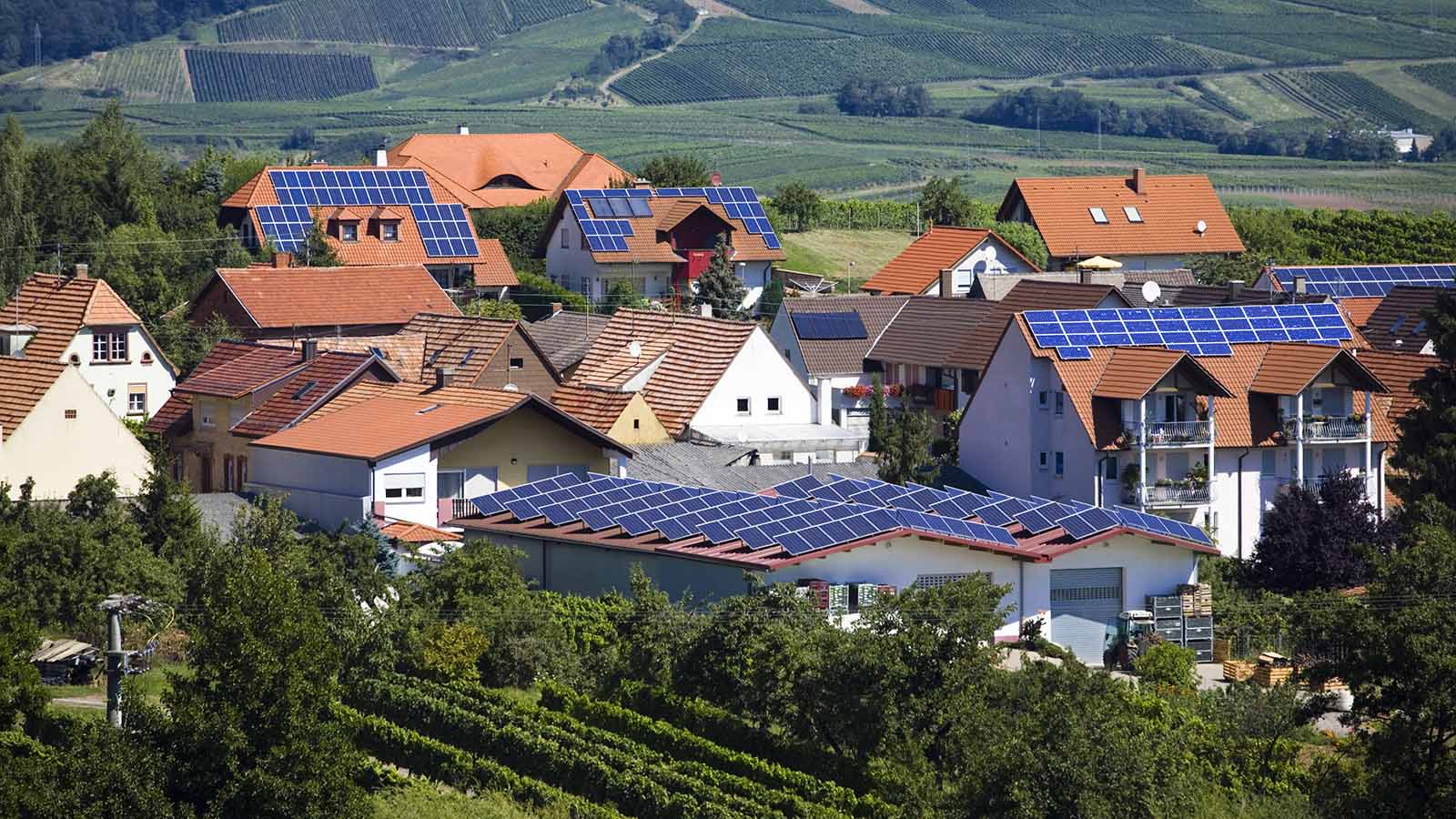
How Long Can a House Run on Solar Power Alone
It is possible to run a house on solar power alone, but it depends on a few factors. The size of the house, the amount of sun exposure, and the efficiency of the solar panels all play a role in how long a house can run on solar power. In general, it is possible to…
-
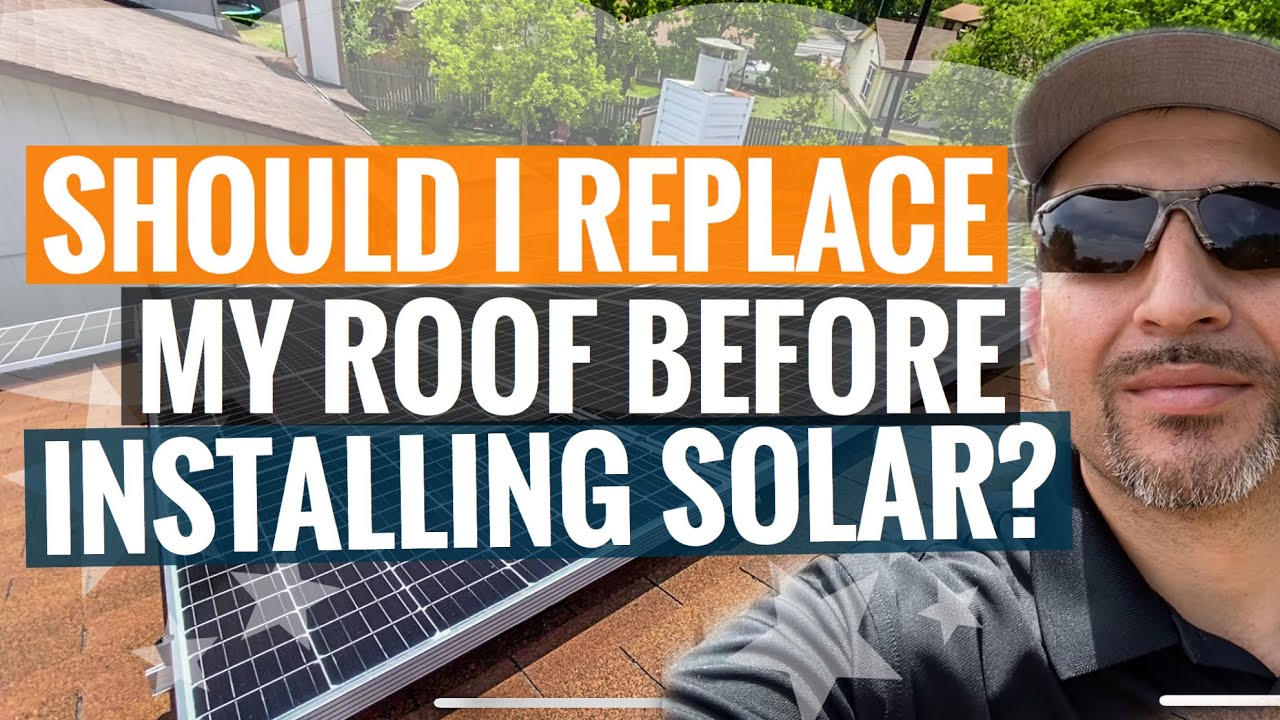
Should I Replace My Roof before Installing Solar Panels
If your roof is old or in poor condition, it’s probably best to replace it before installing solar panels. Solar panels can be quite heavy, so a strong and stable roof is necessary to support them. A new roof will also be more energy-efficient, which will help offset the cost of the solar panels. If…
-
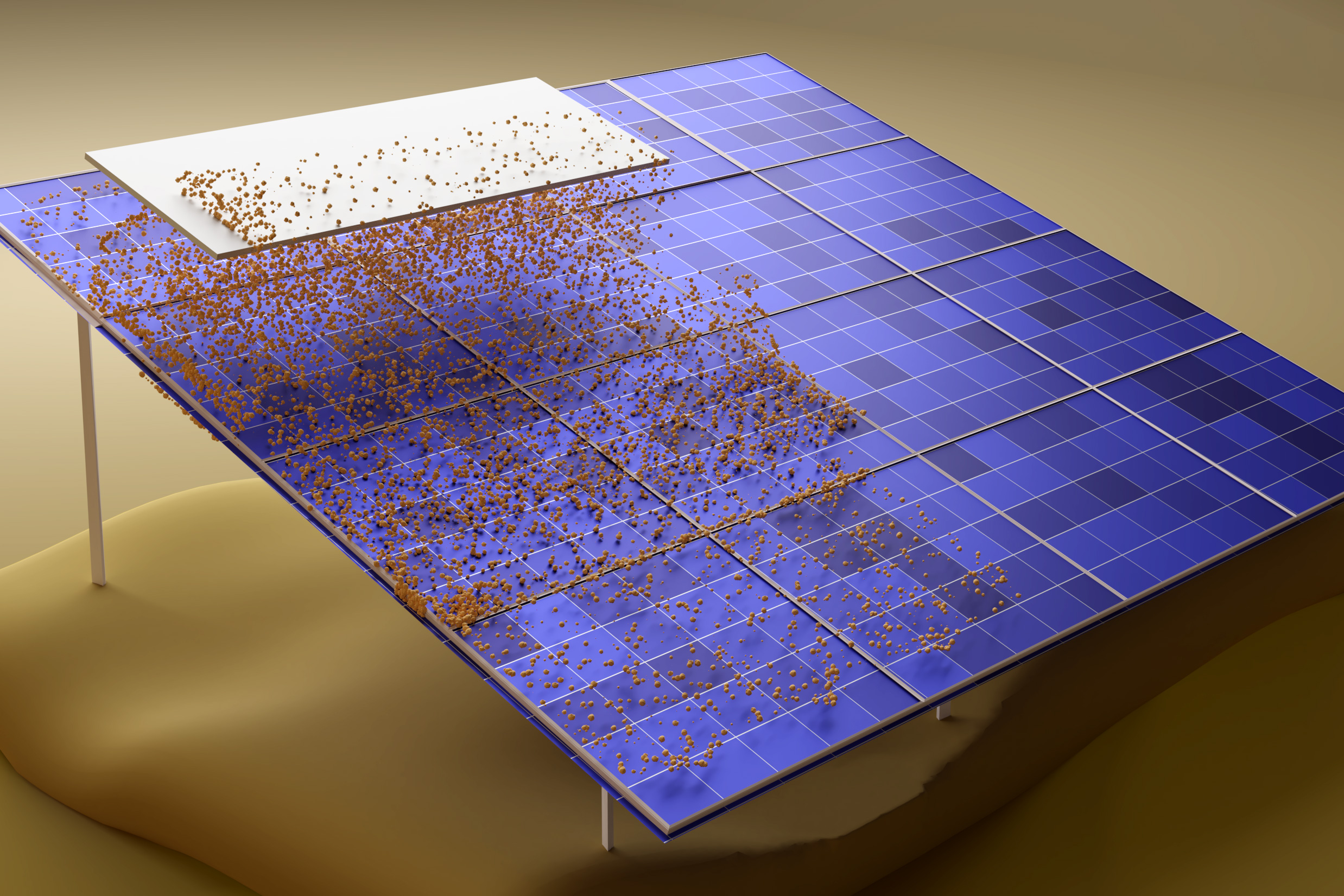
Can You Clean Solar Panels With Tap Water
You can clean your solar panels with tap water, but it’s not the best option. Tap water contains minerals that can leave spots on your panels, and it can also cause corrosion over time. If you live in an area with hard water, it’s best to use distilled water or filtered water to clean your…
-
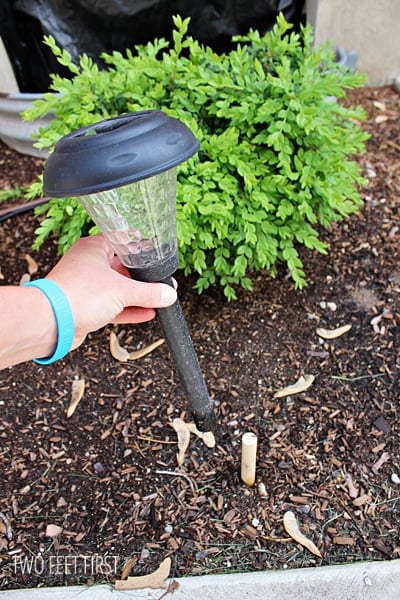
How to Make Replacement Stakes for Solar Lights
You will need: -1/2″ PVC pipe -PVC cutter or saw -Drill with 1/4″ drill bit -Tape measure or ruler -Marker Cut the PVC pipe to the desired length. We recommend 12″ for most solar lights. Use a drill to make a hole in the center of one end of the PVC pipe. Slide the stake…
-
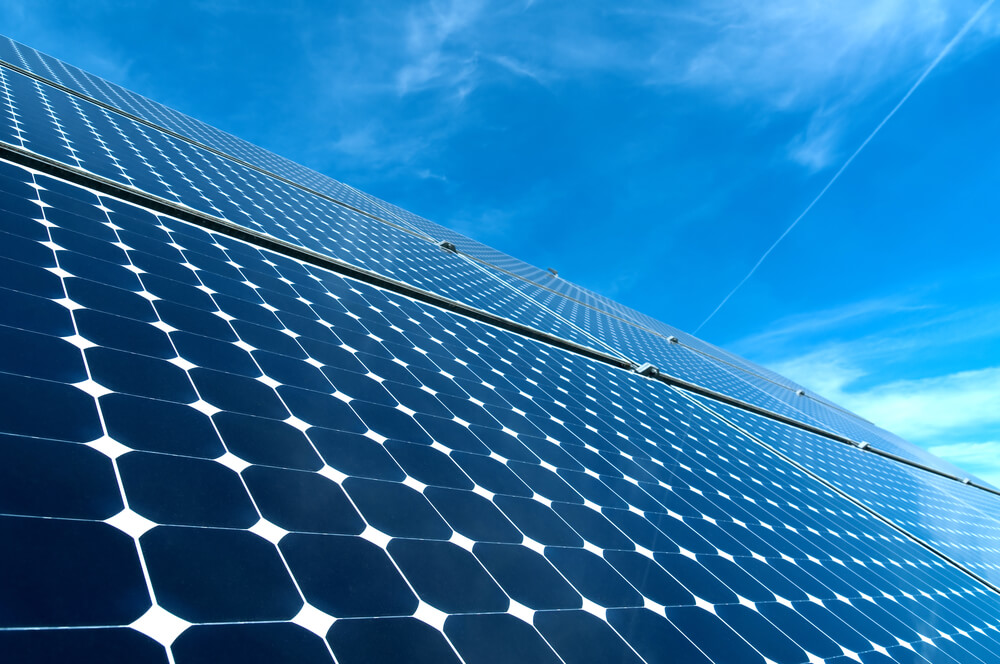
How Does the Idaho Solar Tax Credit Work
The Idaho Solar Tax Credit offers a tax credit for up to 50% of the cost of installing a solar energy system. The maximum credit is $1,000 for residential systems and $50,000 for commercial systems. The credit can be applied to both state and local taxes. The Idaho Solar Tax Credit is a state incentive…
-
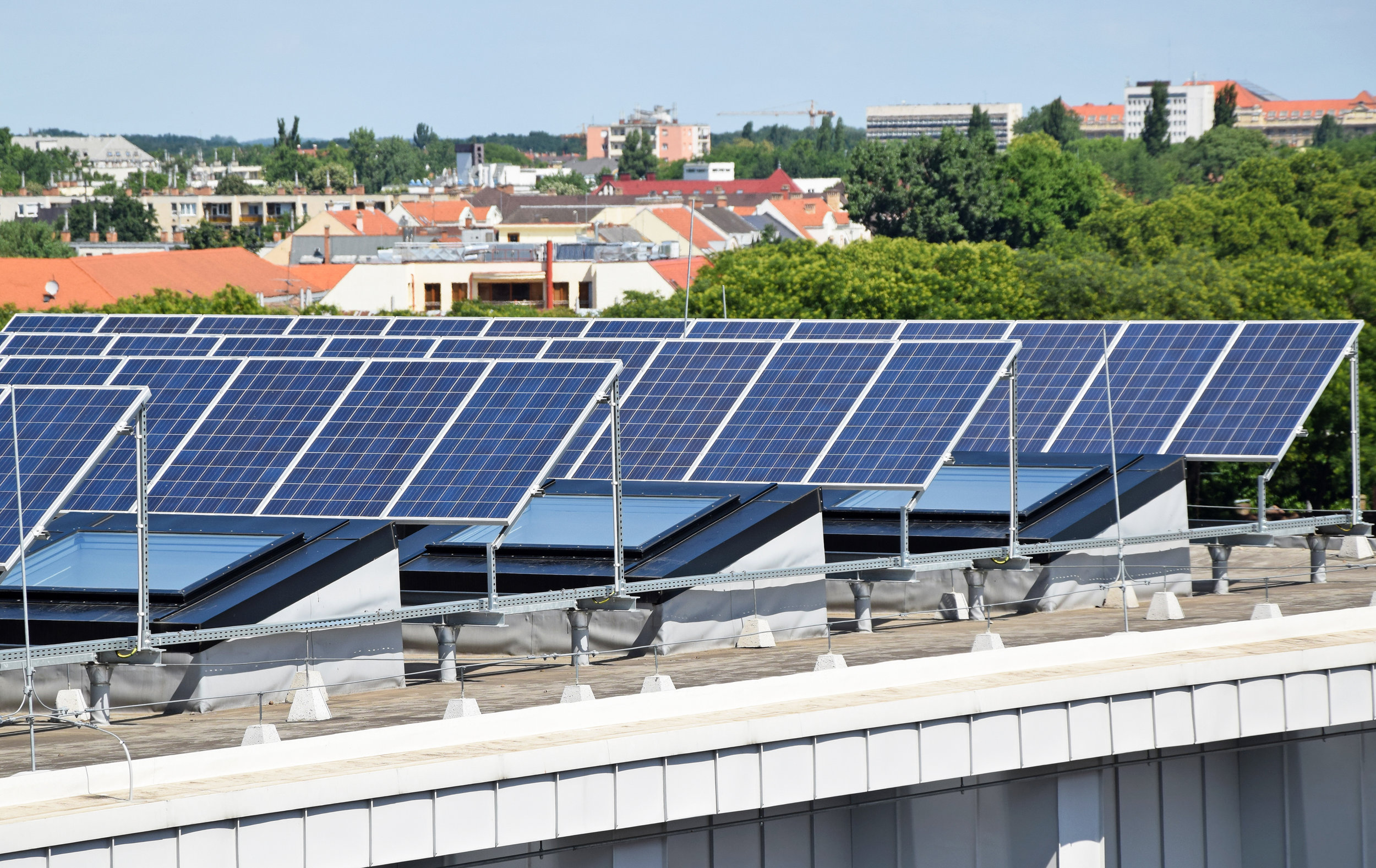
Can Townhouses Get Solar Panels
Yes, townhouses can get solar panels. Solar panels can be mounted on the roof or on a stand-alone structure in the yard. The size of the solar panel array will depend on the electricity needs of the home and the amount of sun exposure that the location gets. Many townhouses have HOA approval requirements, so…
-
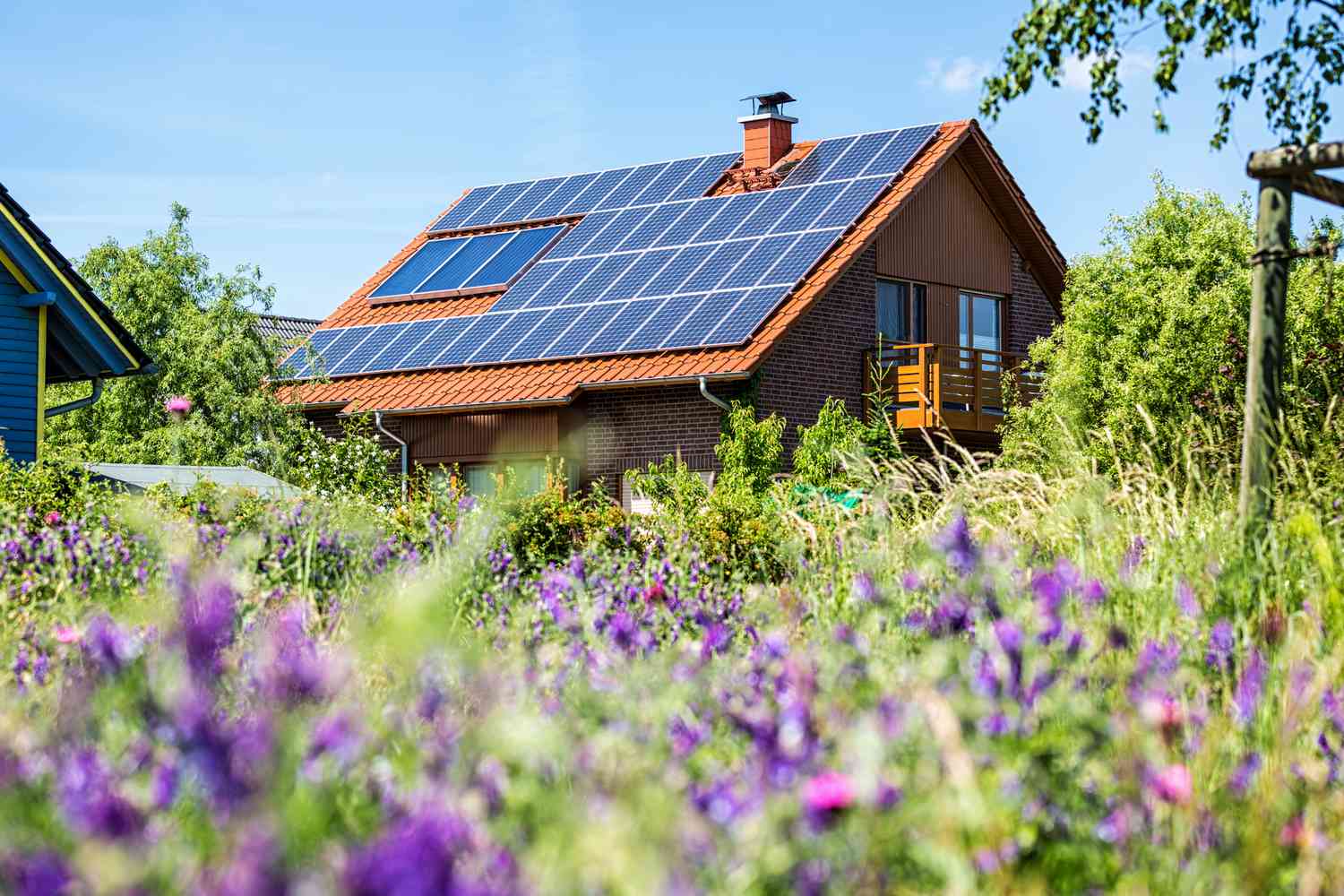
Can I Put Solar Panels on My Townhouse
Yes, you can put solar panels on your townhouse. You will need to check with your homeowners association or local zoning board to see if there are any restrictions on solar panels in your area. You will also need to make sure that your roof is able to support the weight of the solar panels.…
-
Do Solar Farms Make Noise
Yes, solar farms can make noise. The main source of noise from a solar farm is the inverter, which converts the DC power produced by the solar panels into AC power that can be used by the grid. Inverters typically make a low humming noise. Solar farms also have pumps that circulate water through the…
